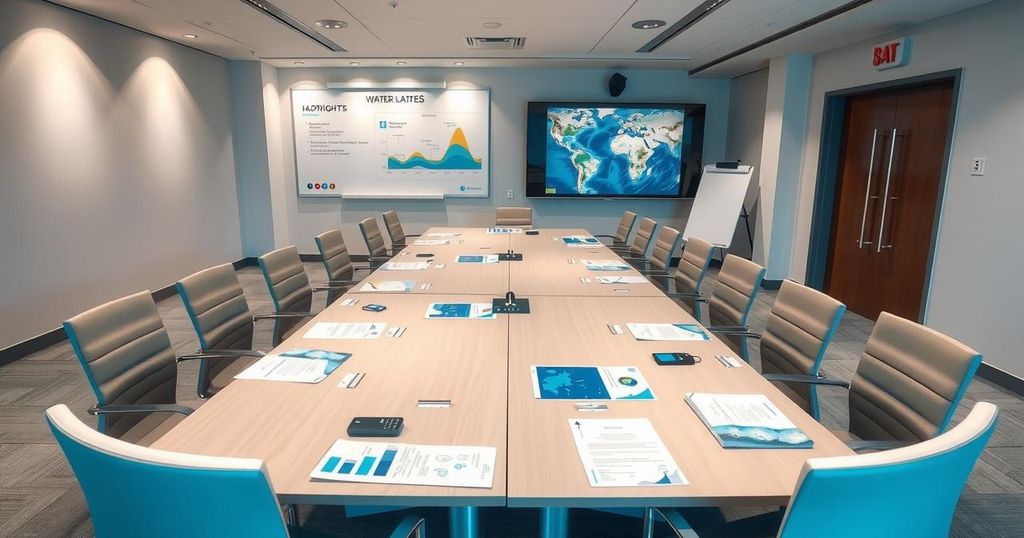The AATF meeting, chaired by Vice President Shettima and attended by NiMet’s Prof. Charles Anosike, focused on transitioning Nigeria’s flood response from reactive measures to proactive preparedness. Emphasizing collaboration and technology, the meeting outlined strategies to enhance forecasting and early warning systems. The importance of aligning local efforts with global frameworks for disaster risk reduction was also stressed.
On March 18, 2025, Professor Charles Anosike, the director-general of the Nigerian Meteorological Agency (NiMet), participated in a significant meeting of the Anticipatory Action Task Force on Floods (AATF). Hosted by Vice President Kashim Shettima, the meeting aimed to transform Nigeria’s flood response from reactive measures to proactive preparedness.
The AATF aligns with various global initiatives, including the Sendai Framework for Disaster Risk Reduction, the Sustainable Development Goals (SDGs), and the Paris Agreement on Climate Change. These frameworks underscore the importance of proactive disaster preparedness to mitigate the adverse effects of natural disasters and protect vulnerable populations.
During the meeting, AATF members presented their agencies’ preparedness efforts and ongoing initiatives to alleviate the ramifications of flooding in Nigeria. Vice President Shettima expressed his concerns regarding the rising human and economic toll from floods, underscoring the need for prompt action before disasters occur and advocating for the integration of science, technology, and collaboration to enhance community protection.
Professor Anosike praised the Vice President’s proactive approach to anticipatory action, indicating that it would facilitate effective preparedness and response to climate-related emergencies. He emphasized NiMet’s critical role in delivering impact-based forecasts that support early warning systems and timely intervention ahead of extreme weather events.
Furthermore, Anosike outlined several priority areas for enhancing NiMet’s forecasting capabilities. These include the improvement of weather models, investment in forecasting systems, expansion of observation station networks, enhancement of in-situ data collection, and the application of machine learning techniques to refine weather predictions.
The AATF meeting highlighted the urgent need for a shift from reactive disaster response to proactive preparedness for flooding in Nigeria. With emphasis on the integration of NiMet’s forecasts and advanced early warning systems, stakeholders aim to enhance community resilience against climate-related disasters. Furthermore, continued investment in forecasting technologies and collaborative efforts are essential for safeguarding lives and property in vulnerable regions.
Original Source: sciencenigeria.com




